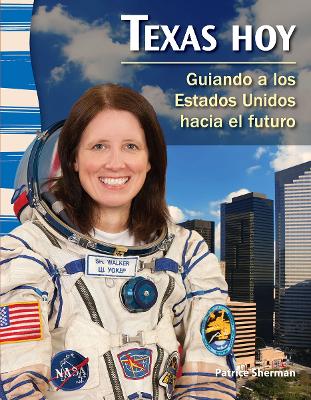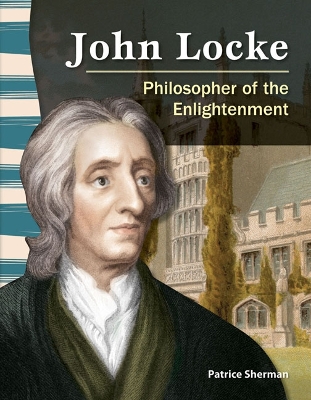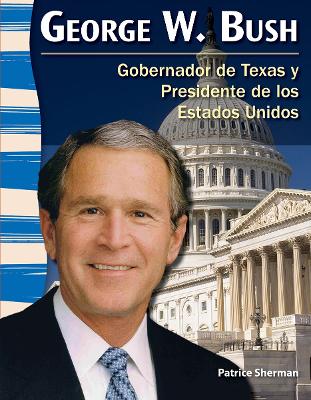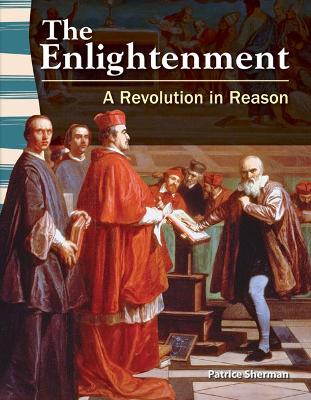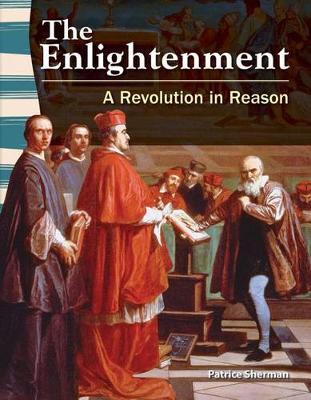Primary Source Readers
5 total works
Texas has changed dramatically since it joined the United States in 1845. It has become a national leader in resources and many industries, serving as a major supplier of the nation's oil, cattle, and agriculture. This inviting nonfiction book will intrigue readers as they learn about major Texas industries through colorful images and captivating facts. Children will learn about NASA, various types of music found in Texas, and even about the most popular Texas sports! The supportive text, accessible glossary, and index aid in better understanding of the content and vocabulary. This book has been translated into Spanish.
In 1689, John Locke wrote that individuals had the right to "life" and "liberty." Soon, his ideas spread across the world and helped create a new system of rule. In this engaging biography, readers learn about the inspiring life of John Locke and his role in the Enlightenment. Featuring brilliant images and fascinating facts, this book will have readers engaged as they learn about such topics as the Glorious Revolution and empiricism. This book also includes text features like a table of contents, glossary, and index, as well as an in-class writing activity to further students' understanding of John Locke's work.
George W. Bush grew up in a prominent political family in Texas. After serving as Texas governor, Bush followed his father's footsteps in becoming President of the United States. This Spanish-translated biography allows readers to discover the life of George W. Bush and explore some of the impacts he made as president through acts like No Child Left Behind. Readers will also learn of the many unexpected challenges Bush faced, such as the al-Qaeda attack on September 11, 2001, the War on Terror, and the Iraq War. The engaging facts, vibrant images, and supportive text work in conjunction with the accommodating glossary and index to help children understand Texas history and improve their vocabulary.
How did the universe work? How did the human mind learn? What kind of government was best? These are some of the questions that people asked during the Age of Ideas, or the Enlightenment. Readers will learn about some of the most important aspects, ideas, and people of this time, including John Locke, David Hume, Voltaire, Copernicus, and Romanticism. Through intriguing facts and engaging sidebars, readers will discover the incredible outcomes of the Scientific Revolution and how scientists like Galileo, Isaac Newton, and Johannes Kepler changed the way people see the world! The captivating images and supportive text work together to teach readers about the impact the French Revolution had on the French people, and the influence it had on the American Revolution. This book also includes an in-class writing activity to allow students to think deeply to understand John Locke's theories.
How did the universe work? How did the human mind learn? What kind of government was best? These are some of the questions that people asked during the Age of Ideas, or the Enlightenment. Readers will learn about some of the most important aspects, ideas, and people of this time, including John Locke, David Hume, Voltaire, Copernicus, and Romanticism. Through intriguing facts and engaging sidebars, readers will also discover the incredible outcomes of the Scientific Revolution and how scientists like Galileo, Isaac Newton, and Johannes Keplar changed the way people see the world! The colorful images and supportive text work together to help readers understand the major impact the French Revolution had on the French people, as well as the influence it had on the American Revolution.
